The 42nd RSC Solid State Chemistry Group Christmas Meeting (SSCG 2023) took place in Edinburgh, UK from 18–19 December 2023. Materials Chemistry Frontiers, Materials Advances, Dalton Transactions, New Journal of Chemistry, CrystEngComm, RSC Mechanochemistry and Inorganic Chemistry Frontiers were pleased to support awards at this event and we would like to congratulate our winners! In addition to the awards supported by our RSC journals, the Roy Prize for best graduate student oral presentation and the Dent-Glasser Prize for best crystallography in oral or poster were awarded by the RSC Solid State Chemistry Group.
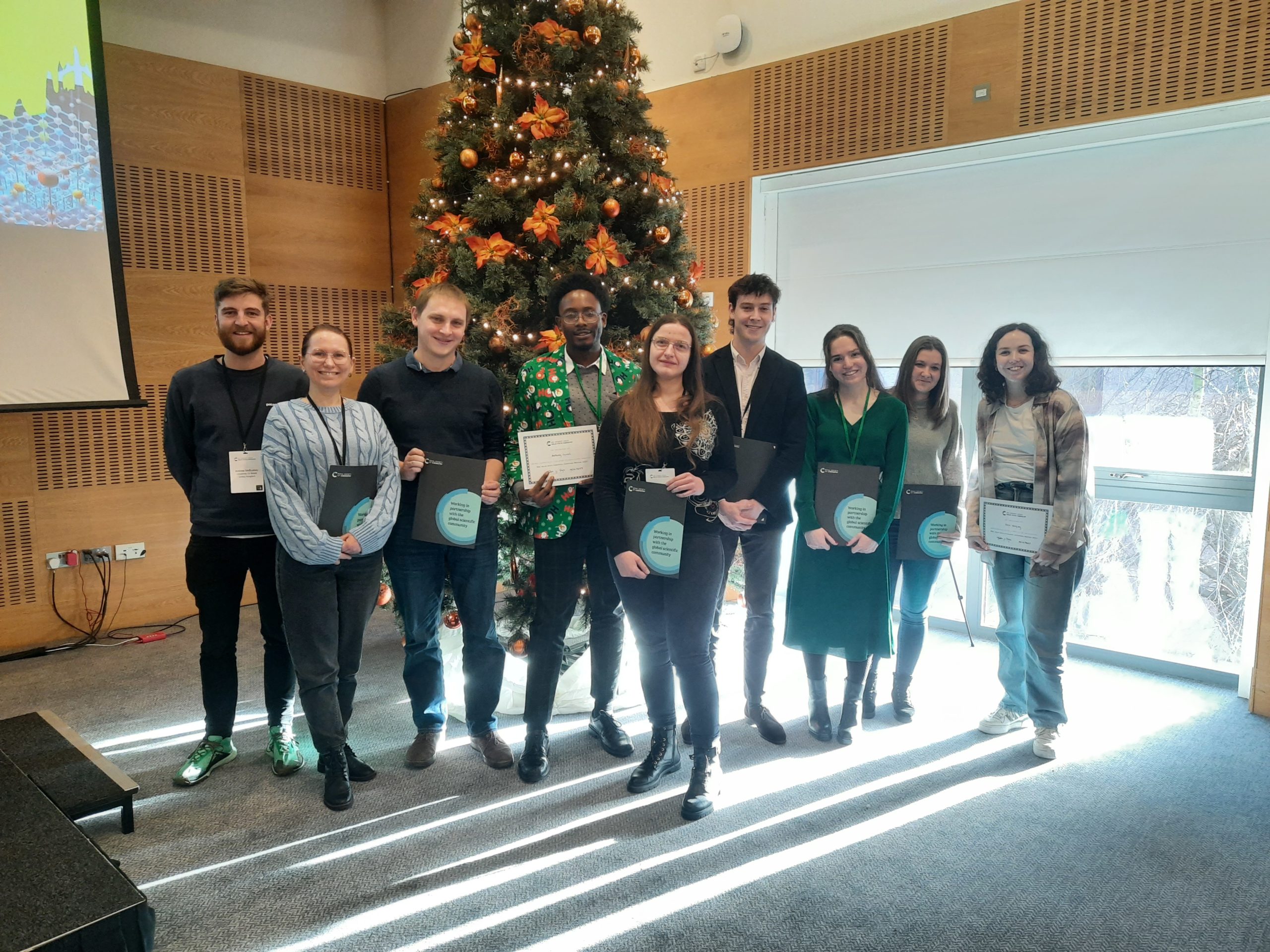
Group photo of the prize winners at SSCG 2023.
Learn more about the prize winners below:
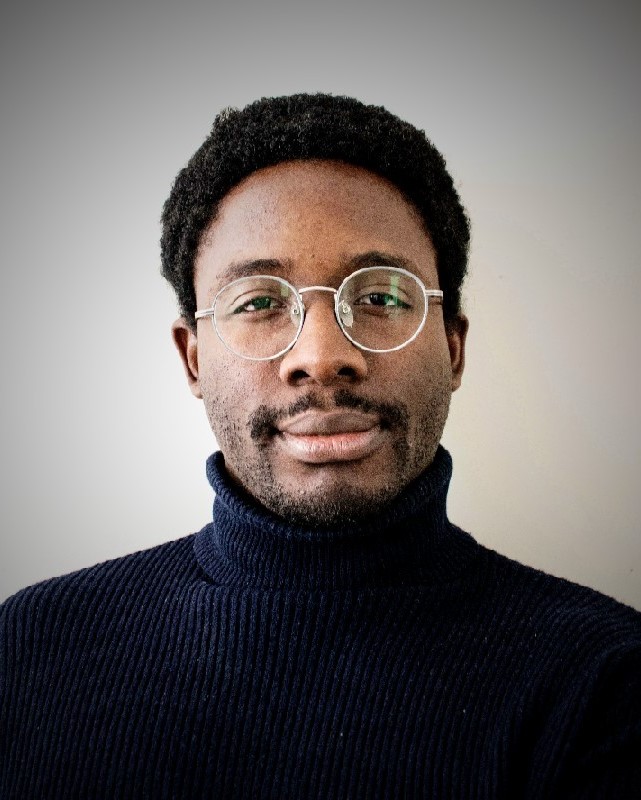
Roy Prize for best graduate student oral presentation Anthony Onwuli (Imperial College London) Anthony Onwuli is a PhD Student in Materials Science at Imperial College London under the supervision of Prof. Aron Walsh. He obtained his MEng degree from Imperial College London, UK, with a First Class Honours in Materials Science and Engineering in 2020. His current doctoral research has focused on developing software and leveraging materials data to aid in the screening and identification of new chemical spaces. He uses chemical heuristics, density functional theory calculations and machine learning to explore and design novel chemical spaces to discover potential candidates for solid-state electrolytes. |
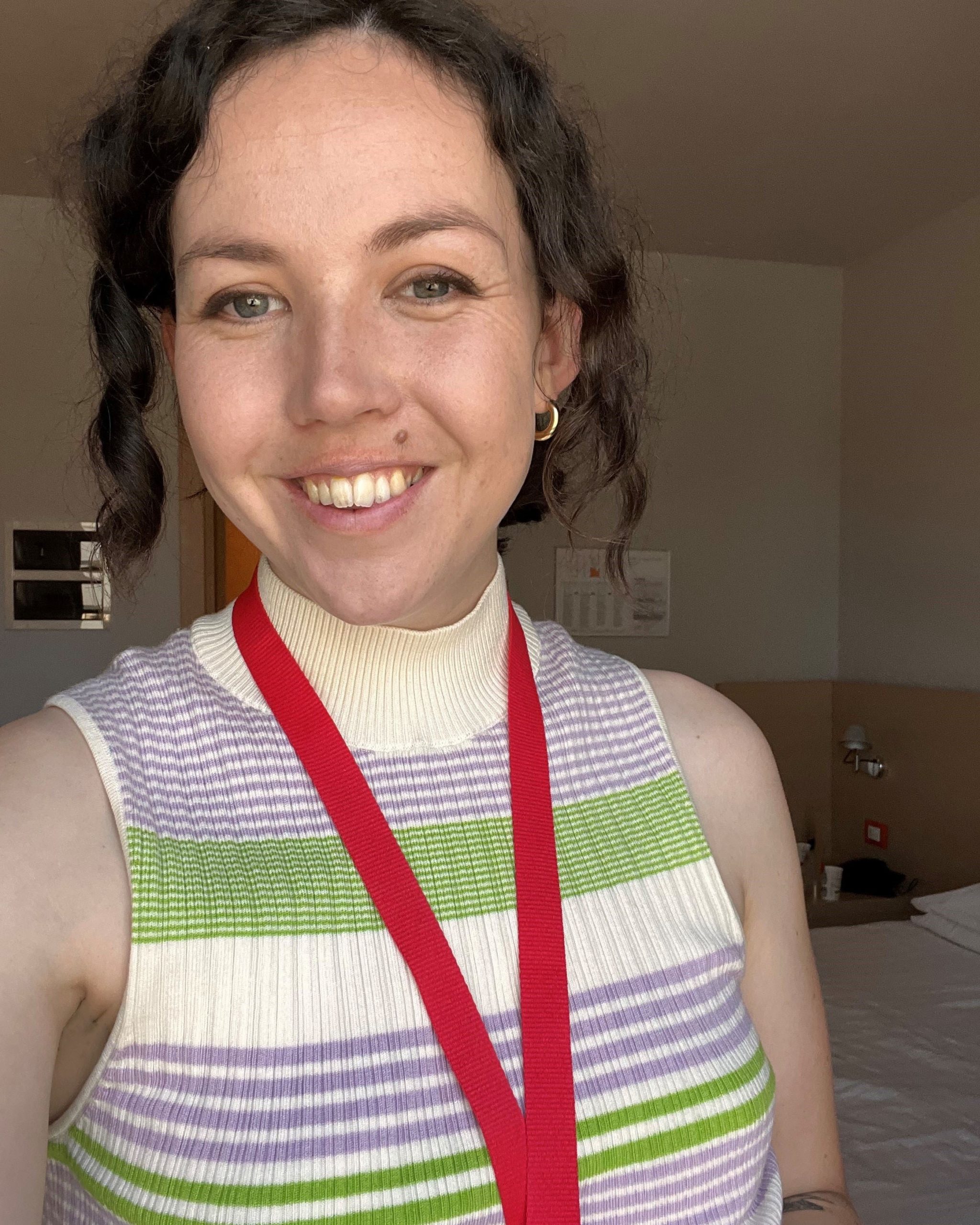
Dent-Glasser Prize for best crystallography in oral or poster Eliza Dempsey (University of Edinburgh) Eliza Dempsey is a PhD student with Dr James Cumby at the University of Edinburgh. She completed her degree in Chemical Physics in 2021 and now researches the control of functional properties in metal oxyfluorides. Using solid-state synthesis, X-ray diffraction and density functional theory she is exploring the links between chemical composition, structure and properties in these materials. Alongside her PhD she also works on science communication as president of EUSci: the Edinburgh University Science Media society. |
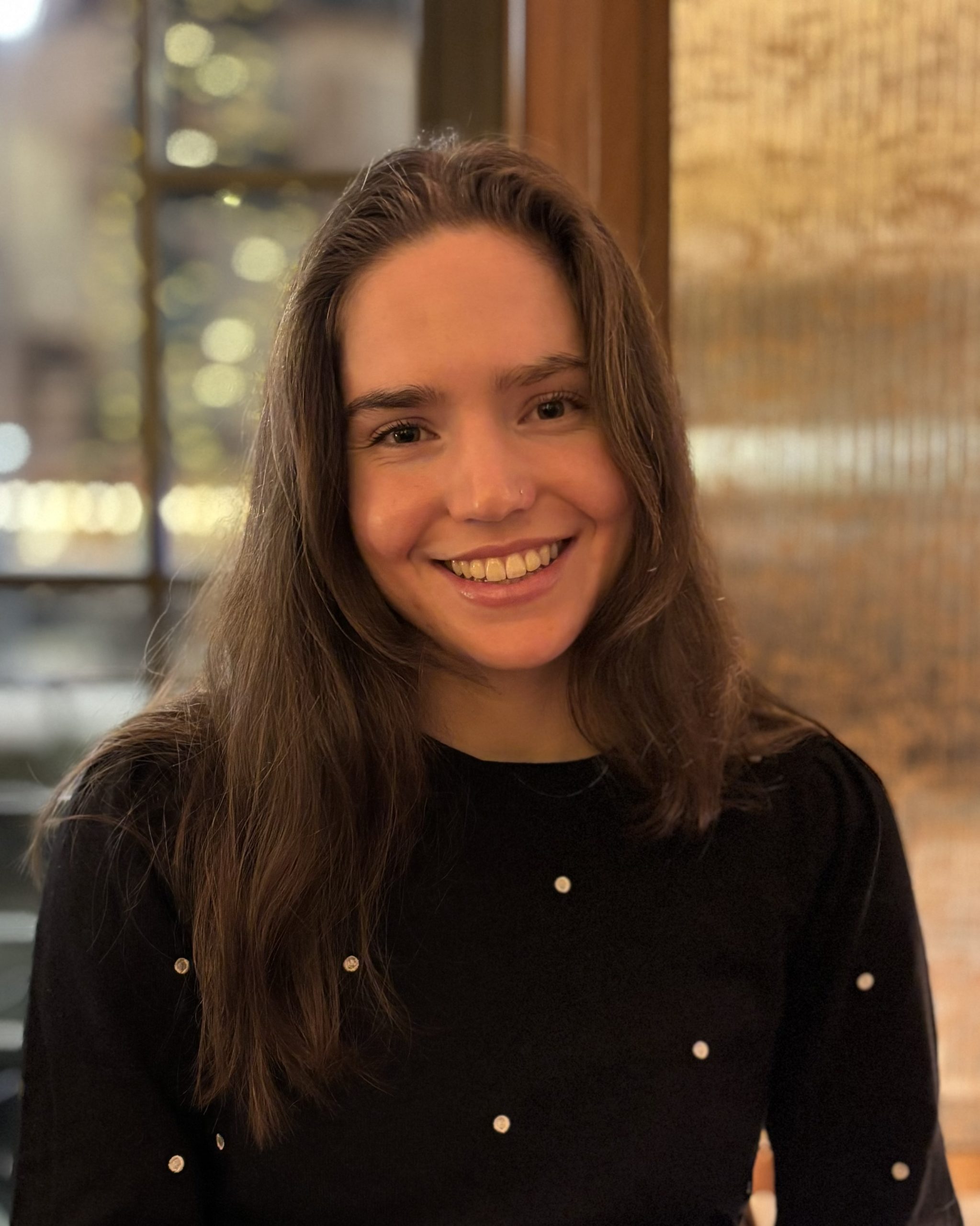
Materials Chemistry Frontiers Prize for Characterisation Cara Hawkins (University of Liverpool) Cara Hawkins is a PhD student in the Department of Chemistry at the University of Liverpool, studying under the supervision of Prof. Matthew Rosseinsky FRS in the Materials Innovation Factory. Cara obtained her Master’s degree in Physics from the University of Liverpool in 2021, before moving into Chemistry as a postgraduate. Her research focuses on the discovery of new inorganic materials for use in energy technologies. She is particularly interested in the synthesis of novel mixed anion compounds for photovoltaic applications, with the aim of engineering improved properties beyond single anion compositions.
|
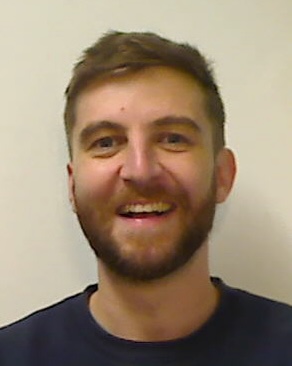
Materials Advances Prize for Computational Science Andrew McCluskey (University of Bristol) Andrew McCluskey is a lecturer in Chemistry at the University of Bristol. He moved to Bristol in 2023 following periods at the European Spallation Source and Diamond Light Source to establish a research group focusing on the role of mathematical modelling in materials science. In particular, he is interested in using Bayesian and probabilistic approaches to offer improved analysis of both simulation and experiment. |
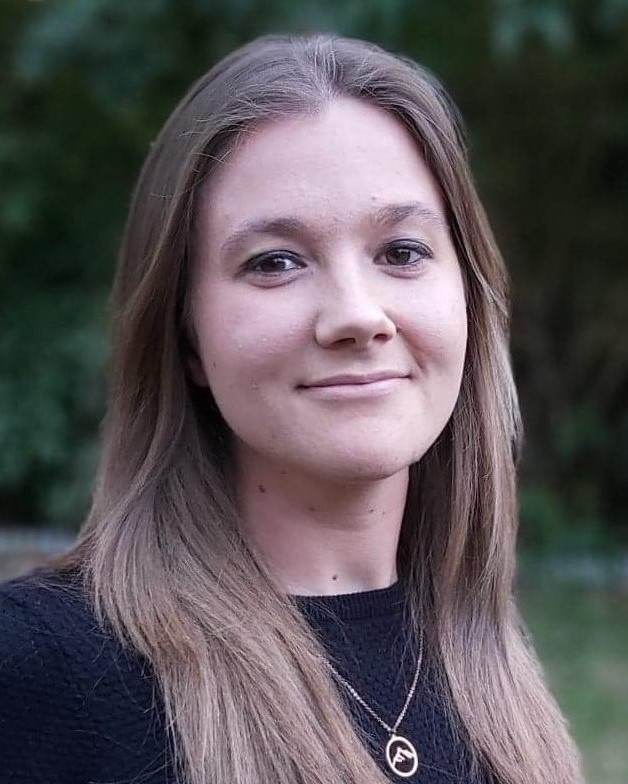
Dalton Transactions Poster Prize Alexandra Morscher (University of Liverpool) Alexandra Morscher is originally from Austria and moved to Scotland for her undergraduate studies where she received her master’s degree from the University of Aberdeen in 2019 under the supervision of Professor Abbie McLaughlin. Her master’s work focused on the investigation of magnetocaloric materials and was carried out at the ICMCB in Bordeaux. After completing her master’s degree, she joined the University of Liverpool as a PhD student working under the supervision of Professor Matthew Rosseinsky and as part of the Faraday Institution’s SOLBAT project. Her work focuses on the discovery and characterisation of novel solid electrolytes for the use in All Solid-State Batteries. Her interest lies in utilising diffraction techniques to elucidate robust structure-property relationships and using this insight to guide research, striving for property optimisation.
|
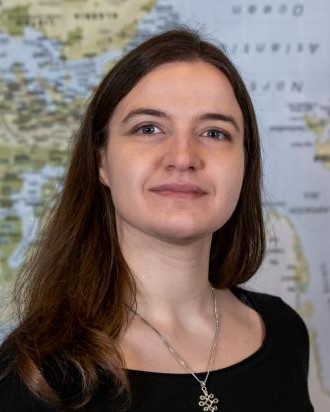
New Journal of Chemistry Prize for Interdisciplinarity Giuditta Perversi (Maastricht University, Netherlands) Giuditta Perversi is an Assistant Professor of Materials Chemistry at Maastricht University (NL), which she joined in 2019. She obtained her PhD in 2018, under the supervision of Prof. Paul Attfield at the University of Edinburgh (UK), and was subsequently a postdoctoral researcher at the University of Montpellier (FR) in the group of Prof. Werner Paulus. Her main research interests focus on functional materials, in particular transition metal oxides for energy applications: she tackles new synthesis methods and new phase spaces, but also performs in-depth structural analysis (including single crystal, local structure and magnetic structure work) to correlate structure and property in complex order-disorder systems. Giuditta is extensively active in teaching and research-base learning, leading inorganic chemistry education at the Maastricht Science Programme, and liaises with interdisciplinary institutes: a key example is the bridging of materials science into cultural heritage, as she works in support of painting conservation efforts alongside the Stichting Restauratie Atelier Limburg (SRAL). |
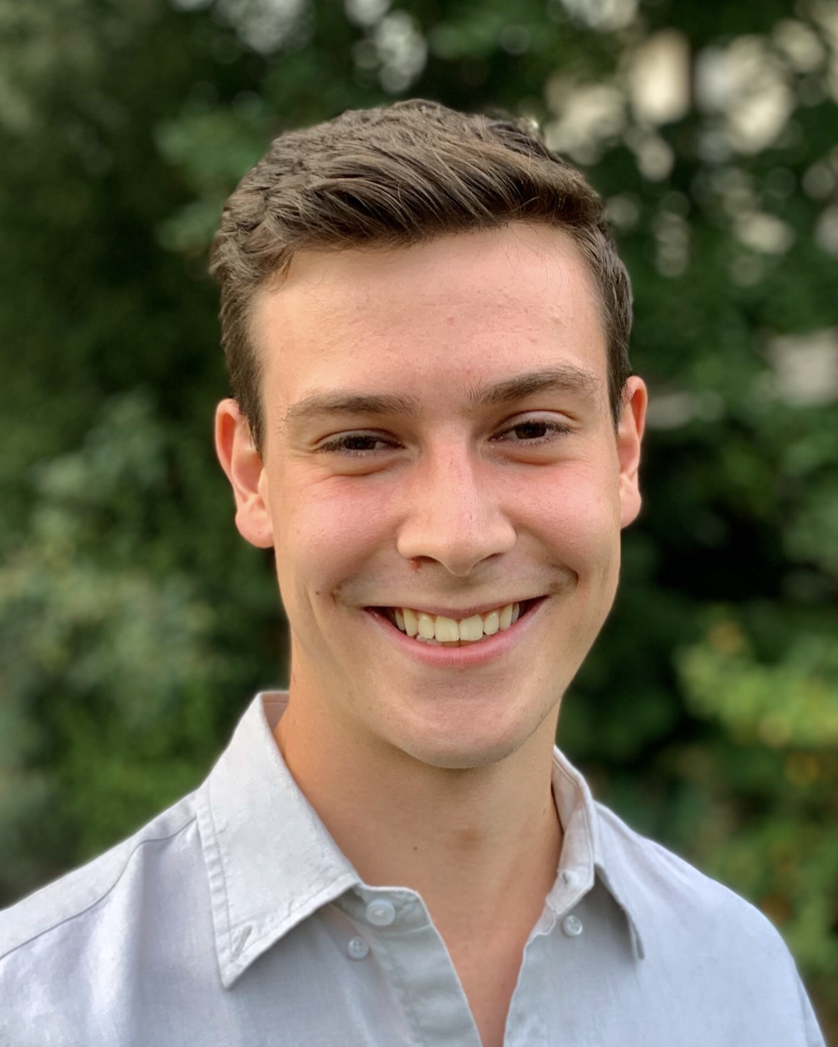
CrystEngComm Poster Prize John Cattermull (University of Oxford) John Cattermull is a final year DPhil student at the University of Oxford, working in the groups of Prof Mauro Pasta and Prof Andrew Goodwin FRS. John read Chemistry for his undergraduate at the University of Oxford, winning a thesis prize in Inorganic Chemistry for his Master’s research project. His doctoral research focuses on investigating the structural chemistry of Prussian Blue Analogue materials in the context of their application in K-ion batteries. In 2021, John was awarded a Lord Bullock Memorial Scholarship from St. Catherine’s College, Oxford. |
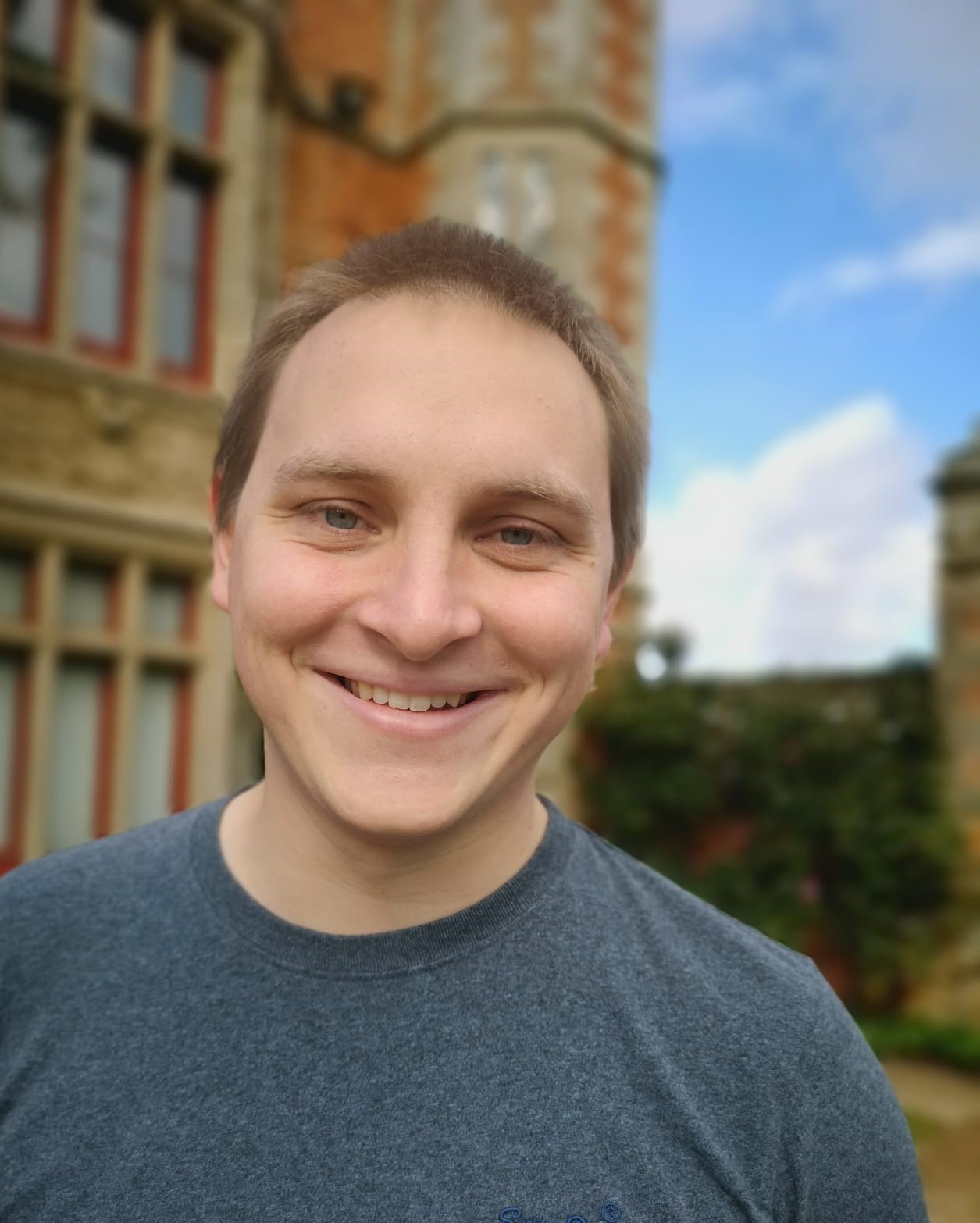
RSC Mechanochemistry Prize for Synthesis Craig Hiley (University of Warwick) Craig Hiley is a postdoctoral researcher at the University of Warwick in the groups of Prof. Richard Walton and Dr Mark Senn. He received a Master’s degree and PhD in Chemistry from the University of Warwick after studying the synthesis and magnetic and catalytic properties of new oxide materials. After postdoctoral positions at the University of Liverpool and University of Leicester, in 2022 he returned to Warwick to explore solution synthesis of transition metal fluoride layered perovskites. |
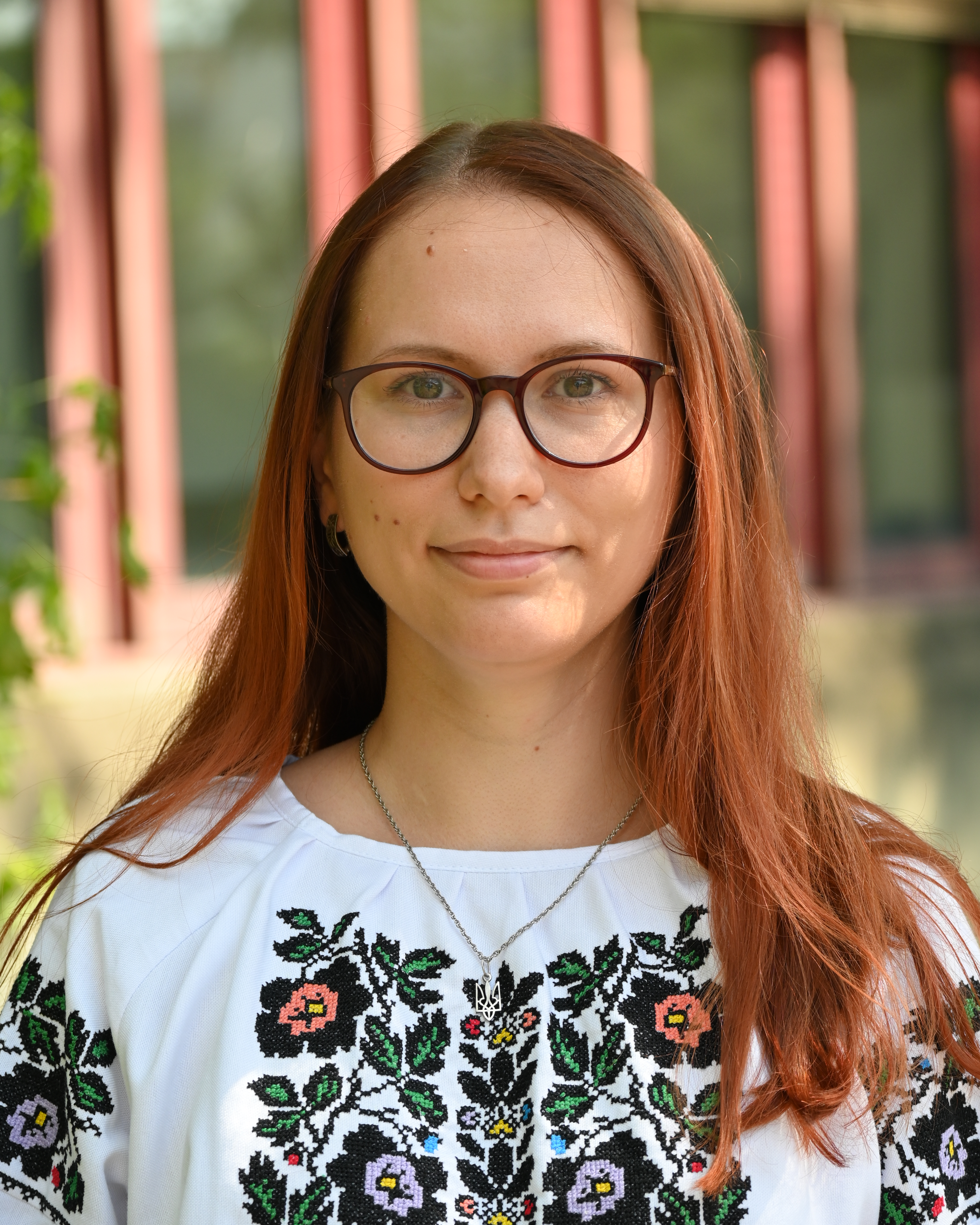
Inorganic Chemistry Frontiers Poster Prize Nataliia Hulai (University of Liverpool) Dr. Nataliia Hulai obtained her bachelor’s (2016) and master’s (2018) degrees at Ivan Franko National University of Lviv, Ukraine, under the guidance of Prof. Yaroslav Kalychak. After that, she joined the group of Prof. Rainer Pöttgen at the University of Münster, Germany, where she was studying crystal structure and physical properties of intermetallic compounds of indium. After receiving her PhD degree in 2022, she has joined the group of Prof. Matthew Rosseinsky at the University of Liverpool. Dr. Hulai’s current research is focused on discovery of new oxide materials, their structure and property characterization, and crystallography. |
We’d like to congratulate all the prize winners once more, it’s a great achievement for their work to be selected from all the excellent research presented at the event. We’d also like to thank all organisers and the RSC Solid State Chemistry Group for organising this conference. You can follow the RSC Solid State Chemistry Group (@SscgR) on Twitter to keep up to date with their latest news.










